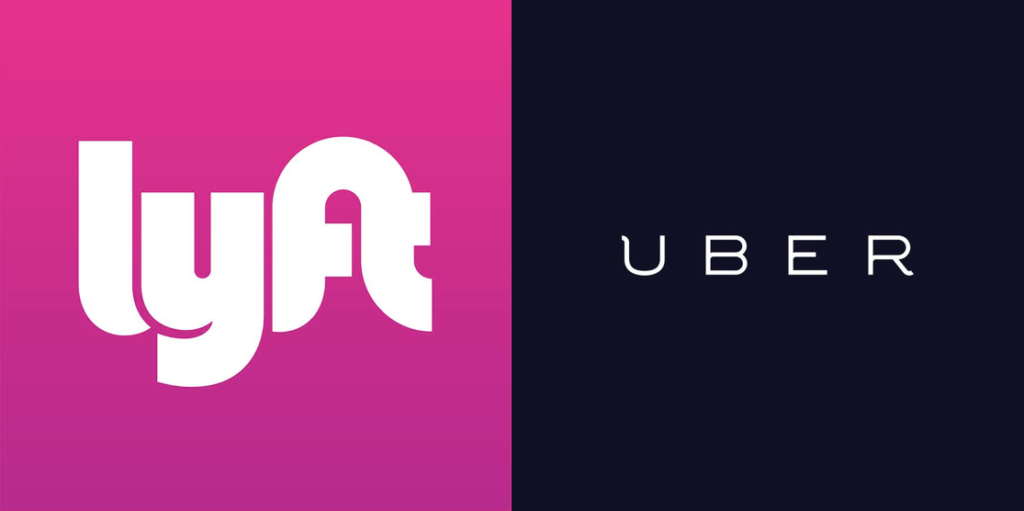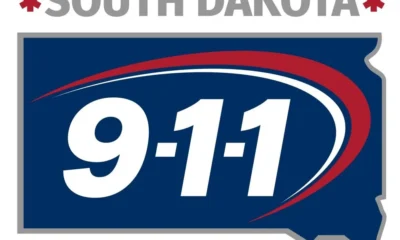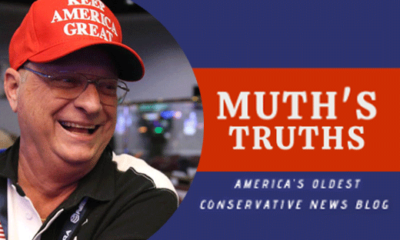(Chuck Muth) – Although I supported legalizing “ride-sharing” in Nevada during last year’s legislative session, the “Uber” bill that was ultimately passed was just plain horrible from a conservative, free-market point of view – especially the new passenger tax on not only ride-sharing services, but on taxis, as well.
But that’s not why I’m writing today.
My position during the last legislative session was that if a private citizen wishes to join a private ride-sharing club like Uber and freely assumes all the risks associated with using the service, that’s one thing.
But if those Uber drivers are picking up fares from the general public who do not belong to the ride-sharing network club, well, that’s another thing altogether. At that point community safety concerns come into play. And according to a July 21, 2016 story in the Las Vegas Sun, that’s exactly what’s been happening since ride-sharing was legalized last year.
“In February,” reporter Daniel Rothberg wrote, “taxicab giant Bell Transportation hired a private investigator who identified several illegal off-platform Uber and Lyft rides – where drivers were paid cash rather than through the app – during a convention.”
That’s a big problem, even though Uber and Lyft don’t condone such behavior.
Nevertheless, it IS occurring and lends credence to the taxi industry’s complaint that ride-sharing operators aren’t subjected to the same stringent FBI background checks as taxi drivers even though some of those drivers are picking up people off the street.
Rothberg reports that Uber and Lyft oppose having their drivers undergo the same FBI background checks as are required for taxi drivers because they “are typically more costly and often take months longer to process.” In fact, Uber and Lyft are so opposed to having their drivers be required to pass an FBI background check they shut down their operations in Austin, Texas in May after voters voted to require them.
Rothberg further reports that during the 2015 legislative session Senate Minority Leader Aaron Ford “pushed for language requiring Uber and Lyft to conduct FBI background checks,” but that requirement “did not make it into the final bill.”
Ford is expected to propose the FBI background checks again next session, but Assemblyman Derek Armstrong has already voiced his opposition.
“Since the law has been enacted,” Armstrong told Rothberg, “we haven’t seen any public safety concerns that would lead me to believe it is as ripe as he (Ford) believes it to be.”
Maybe he should check out www.WhosDrivingYou.org.
The website, admittedly sponsored by the taxi and limo association, chronicles all manner of “incidents involving ‘ridesharing’ passengers being harmed and criminal offenders behind the wheel.” The incident categories include Deaths, Assaults, Sexual Assaults, Kidnappings, Felons, Imposters and Driver DUIs.
Again, if Uber drivers are only transporting Uber club members and the Uber club members are willing to take the risk, that’s one thing. But the very fact that some rogue ride-sharing drivers displaying Uber and Lyft stickers in their windows are providing a public conveyance, that’s another thing.
In addition, while it’s one thing for the Uber member to be willing to take the risk, it’s another thing for pedestrians and other motorists who haven’t agreed to that risk to be put at risk. And indeed there are multiple examples of Uber and Lyft drivers hitting pedestrians and other cars, sometimes resulting in death.
That public safety aspect of the issue is something I hadn’t fully considered last session.
I don’t know if requiring the same FBI background checks for Uber and Lyft drivers as are required for taxi drivers is the right thing to do or not. But I do know it’s a topic worthy of further discussion in the next legislative session and folks such as Mr. Armstrong (if he’s re-elected) should encourage such a debate, not try to shut it down.
Mr. Muth is president of Citizen Outreach and publisher of Nevada News & Views







Facebook
Twitter
Pinterest
RSS